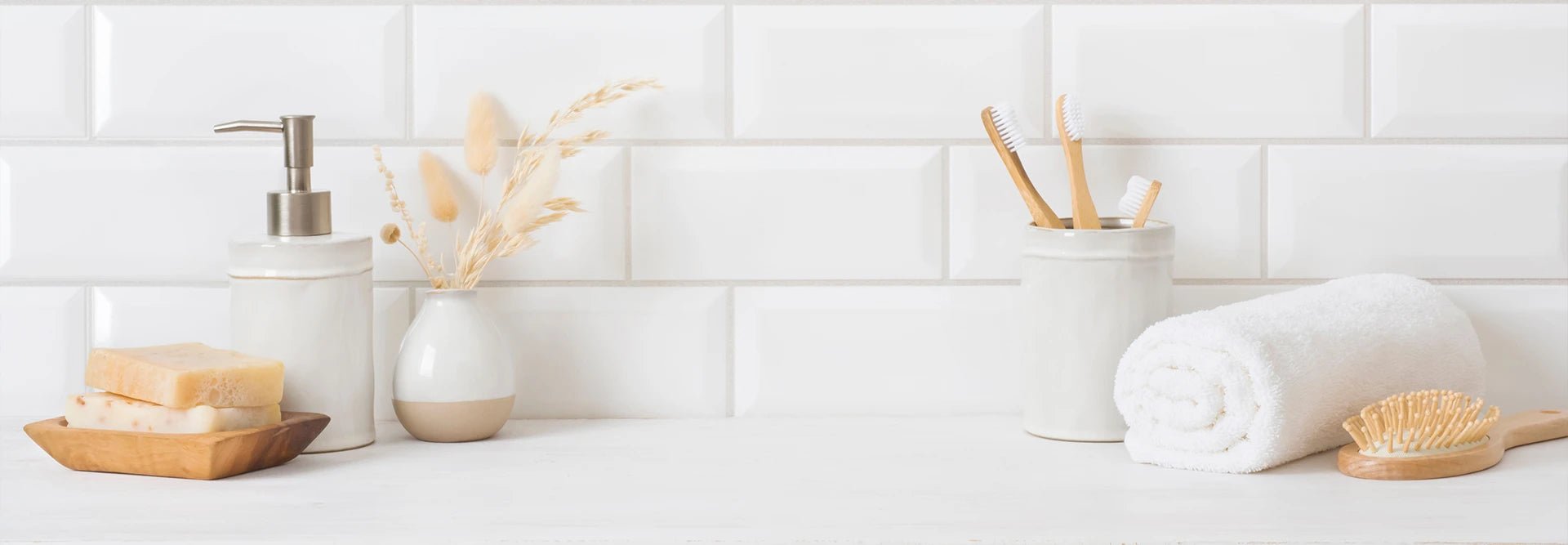
The UK's most trusted sleep brand

Free Delivery

Installment Available

Five Year Guarantee

The UK's most trusted sleep brand

Free Delivery

Installment Available

Five Year Guarantee

The UK's most trusted sleep brand

Free Delivery

Installment Available

Five Year Guarantee

The UK's most trusted sleep brand

Free Delivery

Installment Available

Five Year Guarantee
deal of the month



made in the U.A.E.
Silentnight UAE operates independently under licensee. As part of the operating license, Silentnight UAE has adopted the same high standards as Silentnight UK.

30 - nights comfort guarantee
The bottom line is that we let you dream on your mattress and if you don't like it, you may exchange it for another of your choosing.

5 years warranty
Silentnight is confident in offering a 5 year warranty on all mattresses and complete beds against faulty materials and workmanship.


nothing beats a
silentnight
Whether you’re growing or grown, young or old, mum or dad, Silentnight has the perfect bed and mattress for you with over 47 years of experience going into every single one we make from our UAE base.
The simple beauty of waking-up feeling rested, refreshed and ready-to-go is a luxury everyone should be afforded, which is why Silentnight offers a mattress for every type of sleeper, whatever your age, size or sleeping habits.
OUR PEACE OF MIND PLEDGE TO YOU
5 years guarantee
In the unfortunate event that you experience manufacturing issues, such as faulty materials or workmanship that doesn't meet our high standards, we offer a 5 year guarantee. This includes mattresses, upholstered beds and headboards.
Click the Silentnight Guarantee for further information.
Frequently Asked Questions
Let us guide you to the information you need, answer specific questions or direct you to out of hours phone lines.
Blogs and News

How to clean a mattress
If you feel your mattress is in need of a re-fresh, whether as part of an annual spring clean or you’re just keeping on top of your household jobs, we’ve got some tips to help you give your mattress that ‘brand-new’ feeling.
Read More
What is a bed base? Bed bases explained
A bed base is an essential component of a comfortable and supportive sleep setup. It acts as a foundation for your mattress, providing stability and durability. Once you have chosen your mattress type, finding the right bed base is the next step in enhancing your sleep experience. Join us as we explore the different types of bed bases and how they can enhance your sleep experience from divan bed bases to firm springs and slatted frames. So, if you're unsure of which bed base will match your bedroom and mattress, then read more with Silentnight.
Read More
how to create a nighttime routine for better sleep
We are all creatures of habit, but sometimes, starting and sticking to a new routine can seem challenging at first. Most of us have a morning routine that helps set you up for the day ahead, yet not everyone has a nighttime routine and it’s not something you really hear mentioned. After a day at work, you mainly just want to relax and getting into a new routine is most likely the last thing on your mind. However, creating a bedtime routine is actually a simple yet effective way to help your body and mind relax before bed, which in turn leads to better quality sleep, enhancing your overall health and wellbeing. Read on to discover how you can create a nightly routine and why it’s important for better sleep.
Read More











